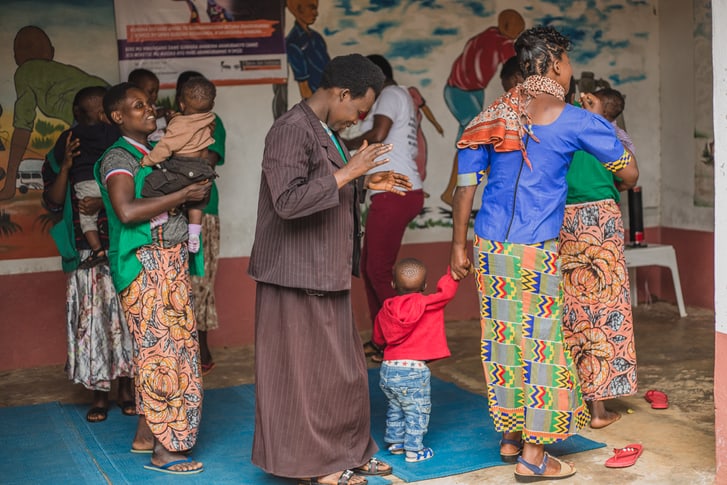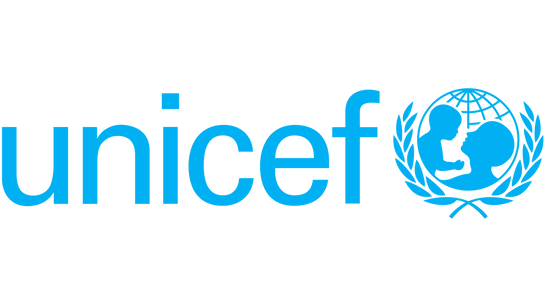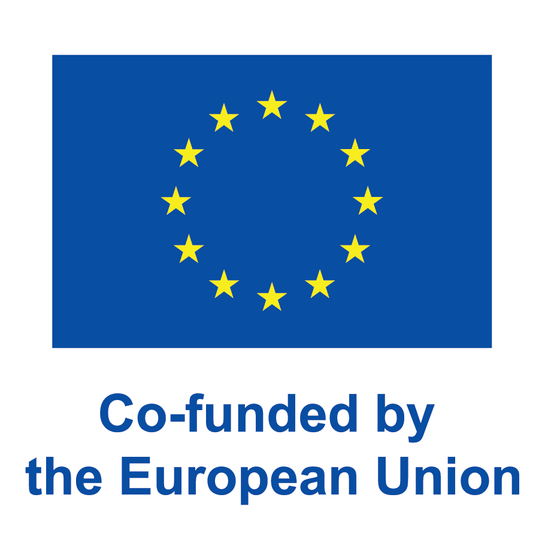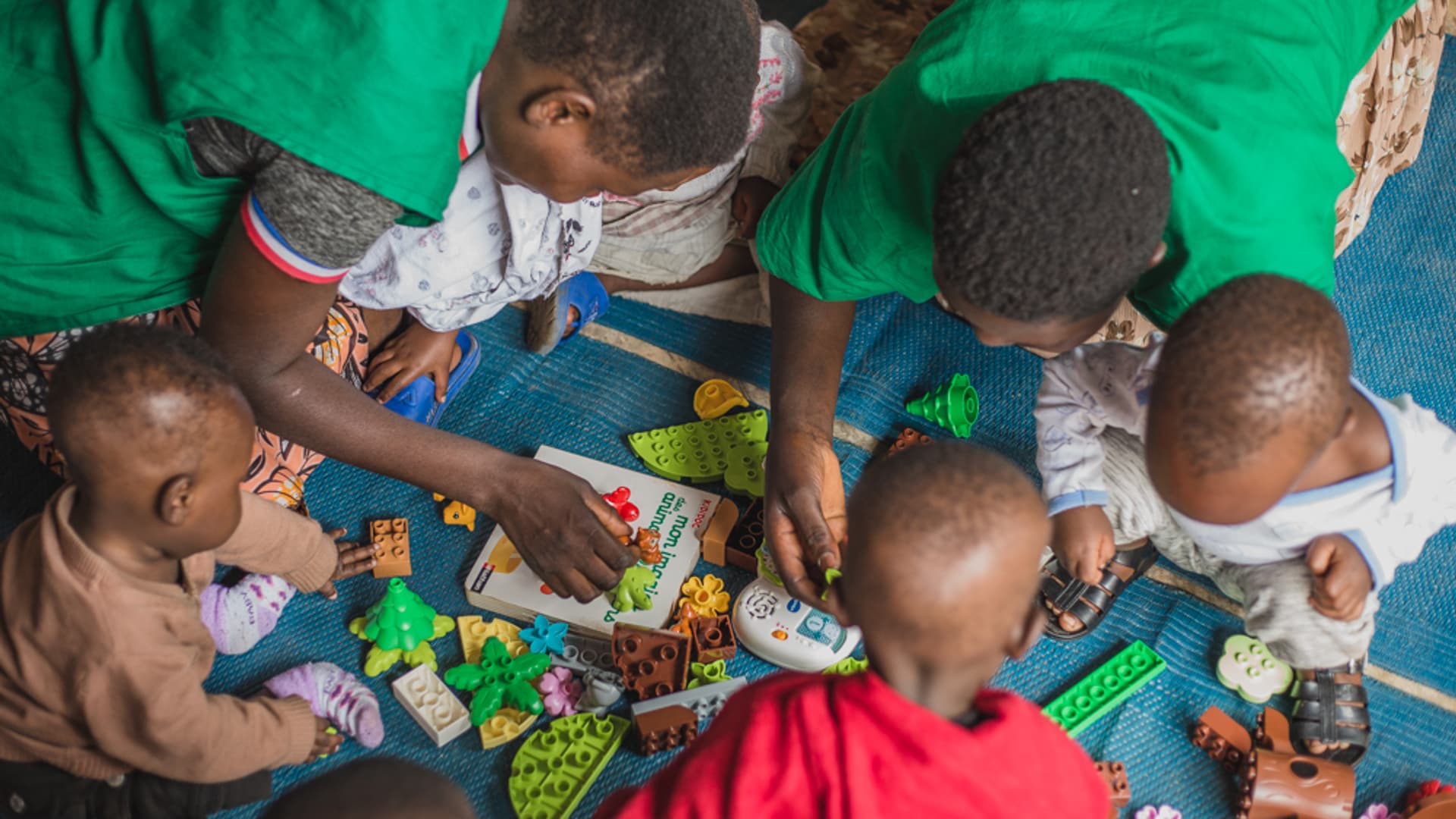In Burundi, Terre des hommes has set up prison nurseries for children under the age of three who accompany their mothers in detention.
The participation of children from prison in nurseries enables them to get out of prison, meet other children and benefit from activities that stimulate their development and help them build a betterl reality. This work is carried out in collaboration with Ntabariza and the Stamm Foundation.

Our impact
125
mothers and their babies counselled each year
1000
community members participated in awareness raising sessions on their role in caring for babies and their mothers
30
members of prison’s and Tdh’s staffs trained in the Early Childhood Development methodology
The reality of babies in prison
In Burundi, the law authorises detained mothers to keep their children under the age of 3 with them. These babies live in highly promiscuous conditions in the same cells as other detainees and they are granted the same living conditions as adults. Being often in a state of psychosocial distress themselves, mothers are unable to offer children the emotional support they need.
Deprived of answers adapted to the specificity of their age and their situation, mostly ignored by their communities, these children spend their first 1000 days -which constitute a primordial period for their development- in physical and emotional distress.
The early learning methodology used in prison nurseries is based on three main pillars:
- First, daily early learning activities are organised in a space outside the prison that is open to all children in the community. These are carefully adapted to each child's stage of development and adapted to local realities.
- Psychosocial activities are then organised for mothers in prison. These support sessions aim to strengthen the mothers' well-being, build strong bonds between them and their children, and prepare them for separation. These activities also contribute to the cohabitation of the inmates and bring a breath of fresh air.
- Finally, family visits and community activities play an essential role in maintaining the bonds between the child, its mother and its community.
At the prison nursery with Alex
2.5-year-old Alex was clinging to his mother all the time, no one else could take care of him. At the beginning, he came to the nursery accompanied by his mother. The more he participated, the more autonomous he became, and ended up participating without his mother present, like all the other children. It was then easier for his family and his community to develop a trusting bond with the mother-child pair during the visits. Finally, the separation from his mother was much easier than for most of the other children, who did not receive family visits.

With the support of

UNICEF
UNICEF - United Nations Children's Fund: UNICEF works in more than 190 countries and territories to save children's lives, protect their rights and help them reach their potential, from early childhood through adolescence.


